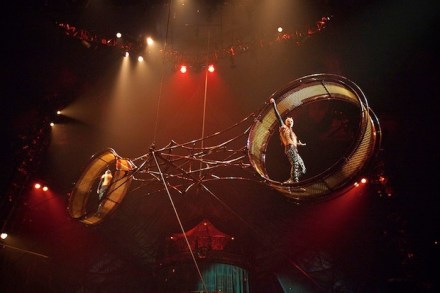Spotify: saint or sinner?
MusicWe have all read about the current woeful state of the CD industry — how it is 28 per cent down on last year, which was 25 per cent down on the previous year, and so on — but do we know why? Is it the endless financial crisis? Or is it that CDs, as




























